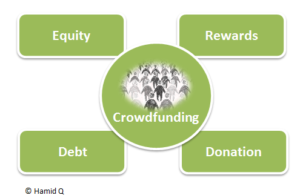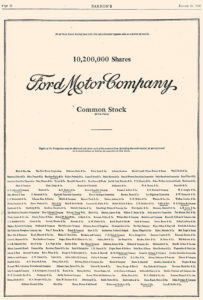Airfox settles with SEC and treats tokens like the securities they are
CarrierEQ, Inc. (Airfox) did an initial coin offering in October 2017. They raised about $15 million to finance their digital token-denominated ecosystem for playing with ads.
Not bad, right? After all, lots of people were saying how ICOs were a cheap, non-dilutive way to raise money because SEC rules didn’t apply.
The SEC didn’t agree, as it warned in the DAO Report.
For its trouble, Airfox will pay a $250,000 penalty, which is not too bad.
However, they must also:
- Register the tokens under the Exchange Act; and
- File periodic reports with the SEC.
So far, expensive but still less than $15 million.
Airfox says they’re pleased with the result:
“We are pleased with these developments. We believe by reaching this resolution with the SEC and MSD, we are removing uncertainty and positioning Airfox to grow our blockchain platform within a regulatory framework,” said Victor Santos, CEO and co-founder, Airfox.
I doubt it. They must also offer rescission rights to everyone who bought their tokens from the Company.
Here we go.
Airtokens were issued at about $0.014 per token (they issued 1.06 billion tokens for $15 million). They are currently worth about 1/10 of that. If you invested, would you get your money back if you had the chance?
For their sake, I hope Airfox had another source of funding.
Expect more of this from the SEC:
“By providing investors who purchased securities in these ICOs with the opportunity to be reimbursed and having the issuers register their tokens with the SEC, these orders provide a model for companies that have issued tokens in ICOs and seek to comply with the federal securities laws,” said Steven Peikin, Co-Director of the SEC’s Enforcement Division.
Other notes:
- The Massachusetts Securities Division was also involved, and it has been active in trying to police these activities.
- Paragon Coin also settled with the SEC. Paragon wants to integrate blockchain and the cannabis industry.







